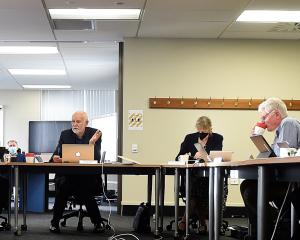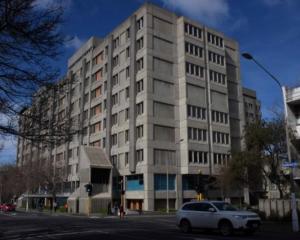
Staff and health unions have been given until March 18 to respond to the proposals outlined to them yesterday, but Association of Salaried Medical Specialists executive director Ian Powell has already slammed the proposals.

Mr Rousseau said Mr Powell was making assumptions which were not in the proposal document. He was not suggesting privatisation, but an integrated family health centre (IFHC) combining community and hospital services.
"Nowhere do I say anything about privatising."
Any redevelopment could be more than two years away, but there was an urgent need to address the hospital's financial sustainability, Mr Rousseau said.
Sending people who turn up between 8am and 10pm with non-urgent conditions to GPs could save at least $500,000 a year in reduced staff costs, he said.
Patients needing care outside those hours could receive emergency care at the hospital.
While the controversial proposal, put out for public consultation last year, to redevelop the existing hospital into an IFHC had not been abandoned, now there was also an opportunity to look at establishing a public-private facility with the proposed Queenstown Medical Centre at Remarkables Park, Mr Rousseau said.
The decision might depend on which option was cheaper, he said.
The IFHC would have "about the same" number of beds as the existing 10-bed hospital.
Mr Powell criticised the amount of attention paid to the report of the special clinical advisory group, set up last year to consider options for future care.
Mr Powell said the group had been critical of the unreliable nature of the information upon which it had to make such decisions. However, Mr Rousseau did not accept this, suggesting the union needed to tell him what was wrong with what was being presented, which he regarded as clinically viable, cheaper and better than the existing service.











